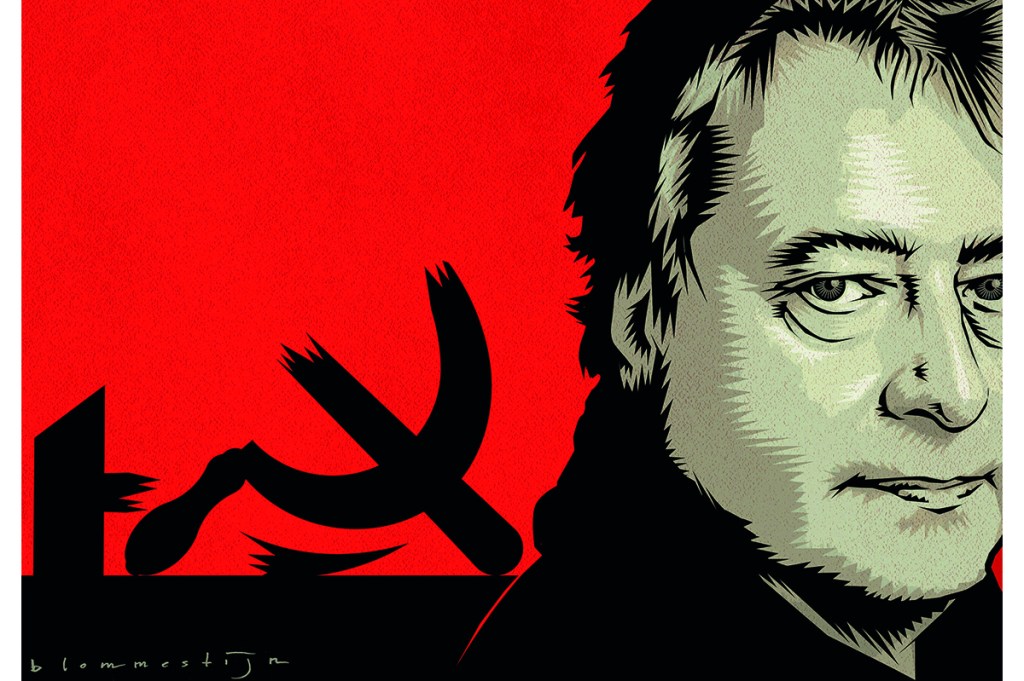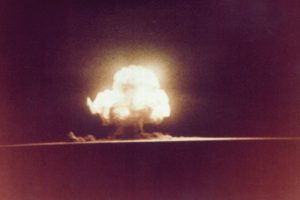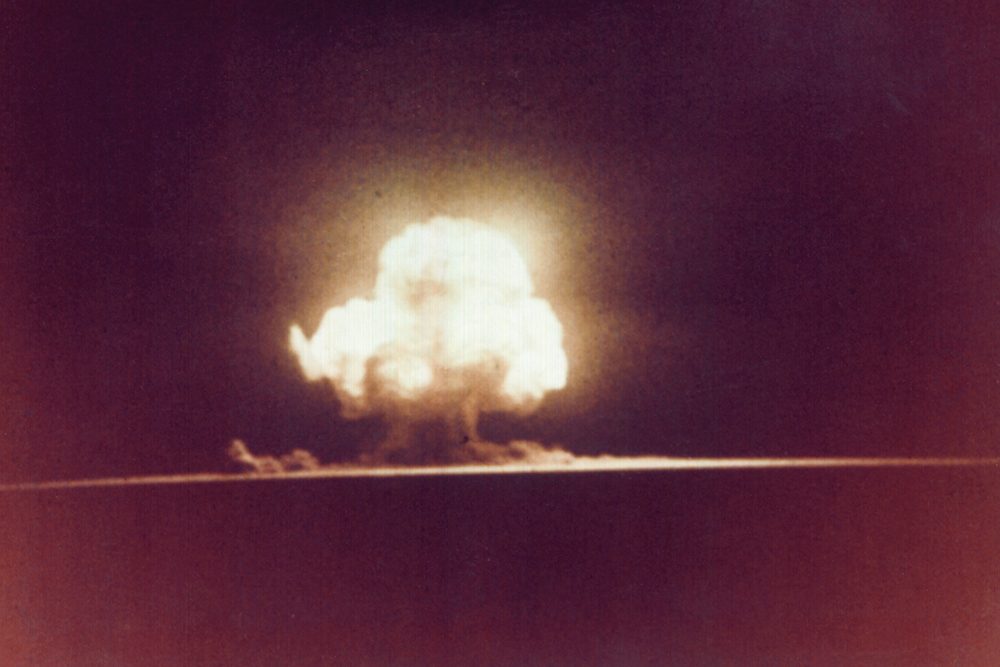“It’s best not to talk politics with patients, but if a woman has an unusual mitral valve, it’s tempting to think that she herself must be interesting,” sighs the Russian doctor, essayist and short-story writer Maxim Osipov towards the end of his 2017 essay “The Children of Dzhankoy.” The temptation does not, alas, live up to expectations for Osipov. His mitral valve patient is “a thirty-six-year-old journalist and amateur pilot who misses the USSR.” “Now, that was strength” she claims. Osipov, with typical economy, comments, “nothing interesting.”
This vignette recurs in Osipov’s damning, and at times extremely funny, essays collected in Kilometer 101 — so-called for the prescribed distance the Soviet government used to exile political undesirables from Moscow. Tarusa, the town where Osipov works, is exactly 101 kilometers from the capital and used to be known for its dissident population. But now, Osipov treats ardent Stalinists (“Churchill himself praised our leader”) and “grown men” who know all about the horrors of the Soviet government but “prefer military might, the space program, and Soviet hockey.”
Osipov is a part-time cardiologist in an under-resourced hospital in Tarusa. His recollections are as observant of the town’s social issues as they are of the medical problems; when Osipov first started working at the hospital, he had to bring his own cardiac equipment. Writing in 2006, he decries alcoholism — a manifestation of “nothingness, emptiness, death” — and is uncompromising on what he perceives as a widespread “feeble-spiritedness.” His patients refuse to read their prescriptions as they “haven’t got their glasses with [them].” Osipov takes no prisoners: “if you’ve come out without your glasses, that means you weren’t planning on reading anything today. And that’s illiteracy.”
As recently as 2017, Osipov condemned an arcane Russian medical system that makes it easier for a patient with cancer to take “the bus to Brest, in Belarus” then cross “the border into Poland” and hitchhike to Germany and eventually reach Belgium, where the patient can ask for asylum and be treated. In Moscow, the patient wasn’t even offered treatment. Modern Russia is, in Osipov’s eyes, an unending stream of ex-USSR bureaucracy and nostalgia.
But Osipov is not just an essayist and chronicler of the ills of modern Russia (although he does have a very funny story of getting an old woman to accept money for her medicine by telling her “Vladimir Vladimirovich [Putin] asked me to hand you a hundred and fifty rubles”). Kilometer 101 — like his first collection to be translated into English, Rock, Paper, Scissors (2019) — begins with his intricate, affecting short stories. “Little Lord Fauntleroy” is a semi-autobiographical story of a cardiologist working in a town which is “not the city, but then again, of course, it isn’t the country.” “Eric” — the cardiologist in this unnamed town — is sneering about his patients: “people carry on living in those blocks, and even reproducing, if rather half-heartedly.”
It is in his longer story “Pieces on a Plane” (brilliantly translated by Alex Fleming; the whole collection is translated by Fleming, Boris Dralyuk, and Nicolas Pasternak Slater) that Osipov’s talents come to light. Matvey Ivanov is a young chess genius playing in an American tournament organized by retirees. His emigration, his name-change and his eventual circuitous return to Russia all happen because of his father, a man who informed on an anti-Soviet group back in the 1940s. Despite his emigration — and his continual feelings of dislocation — Matvey is unable to escape the hangover of the Soviet Union.
Another story in the collection, “Cape Cod,” tells of a young couple’s flight to America to, in part, avoid military conscription, only for their son to join West Point as soon as he leaves high school. The father has a conversation with his friend when back in Russia:
“You still need a homeland for something.”
For something, yes. But what?
It is this question of “homeland” that comes to the fore in Osipov’s last, and fine, short story “Luxemburg.” Named for the “small town east of Moscow” to which Sasha Levant takes his mother’s remains to be buried, it is a moving evocation of the difficulties faced by those whose homeland is hostile to them.
Sasha is Christian — he has, indeed, been baptized three times — but his “old Soviet passport” reads “Alexander Yakovlevich, Jew.” His mother’s grave, with her surname “Levant” engraved on the tombstone, is defaced and desecrated shortly after it is erected. As Sasha attempts to uncover the perpetrators, he considers moving to Israel, only to be told that “Faithful Christians need not bother. They are immediately sent away with no right to reapply.”
Sasha does, eventually, resettle in Moscow — but ends the story considering a move back to Luxemburg, or even Germany. In one of his essays, Osipov remarks that “being a Jew in Russia” is “difficult, but still legal” but, in “Luxemburg,” it is not even certain that it is “legal” at all.
There is a mournful note to this latest, brilliant collection of Osipov’s works. Just last February he, along with “half the country” woke up in the middle of the night “gasping for breath” over the invasion of Ukraine. Osipov emigrated from Russia to Germany: he, too, is without his homeland. Russia has lost one of its greatest modern chroniclers, but hopefully he can keep writing from beyond its borders.
This article was originally published in The Spectator’s October 2022 World edition.

























